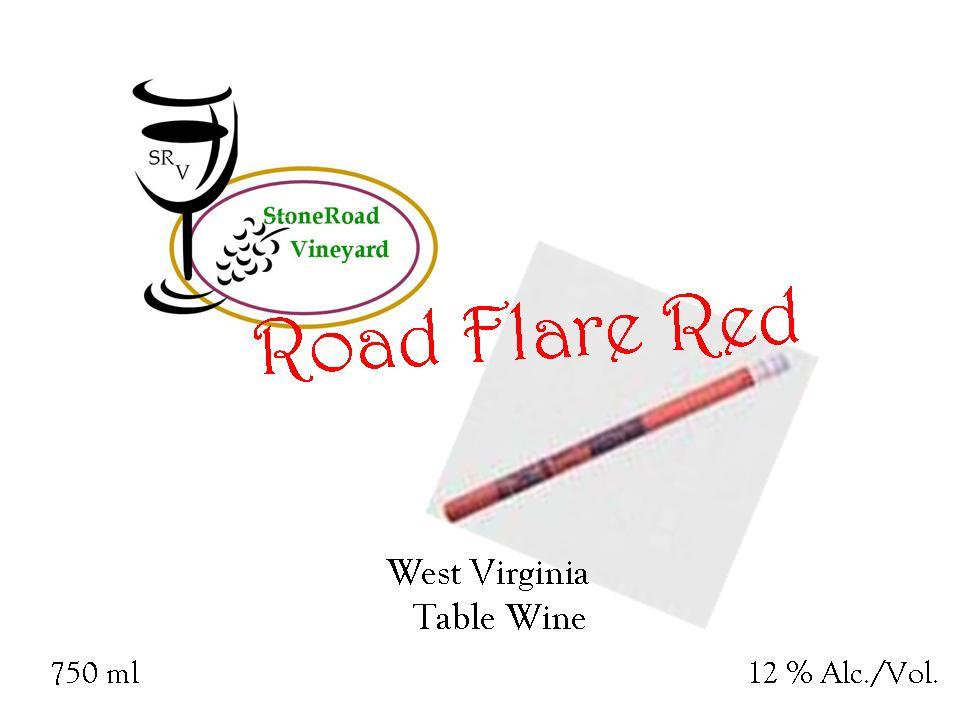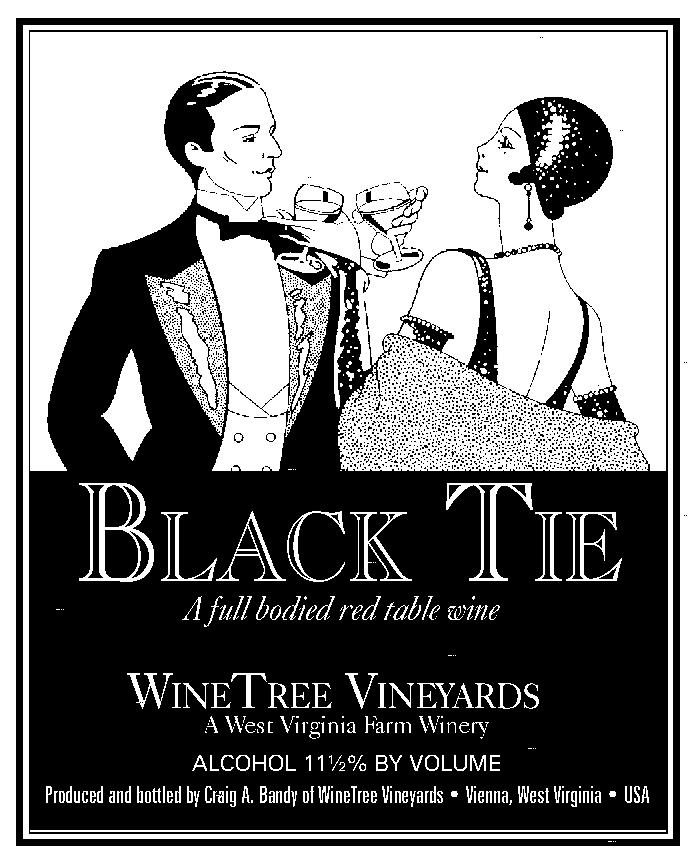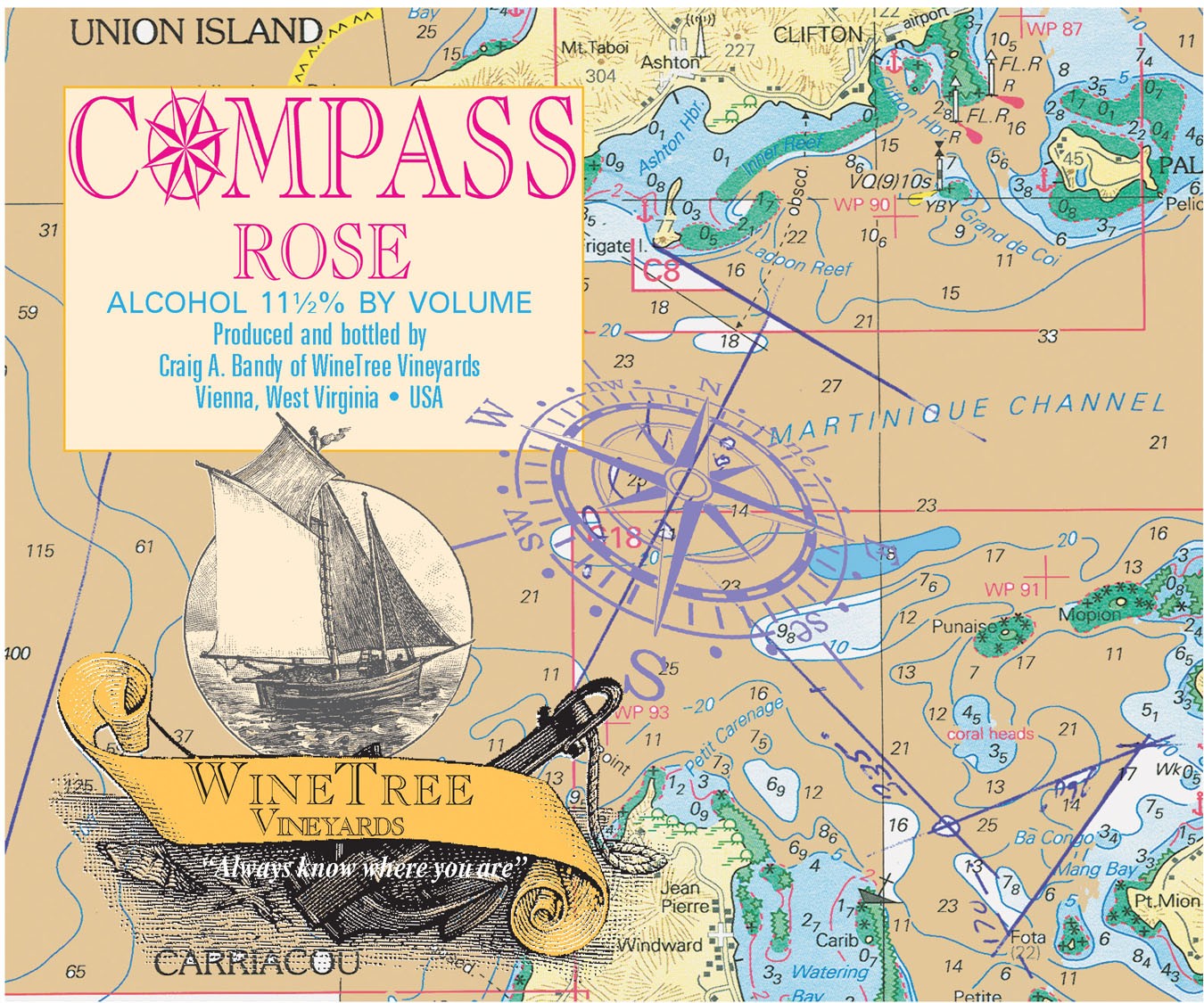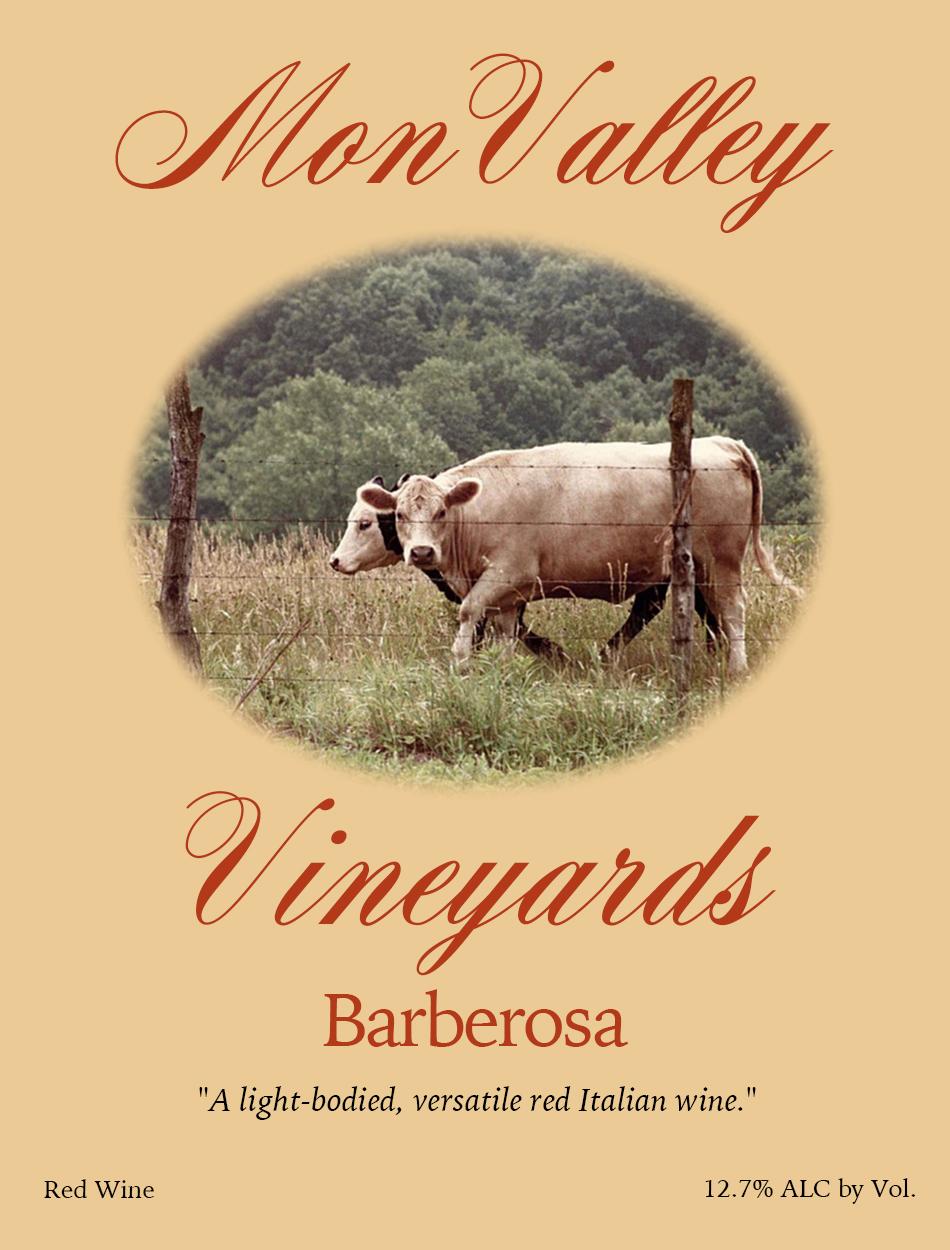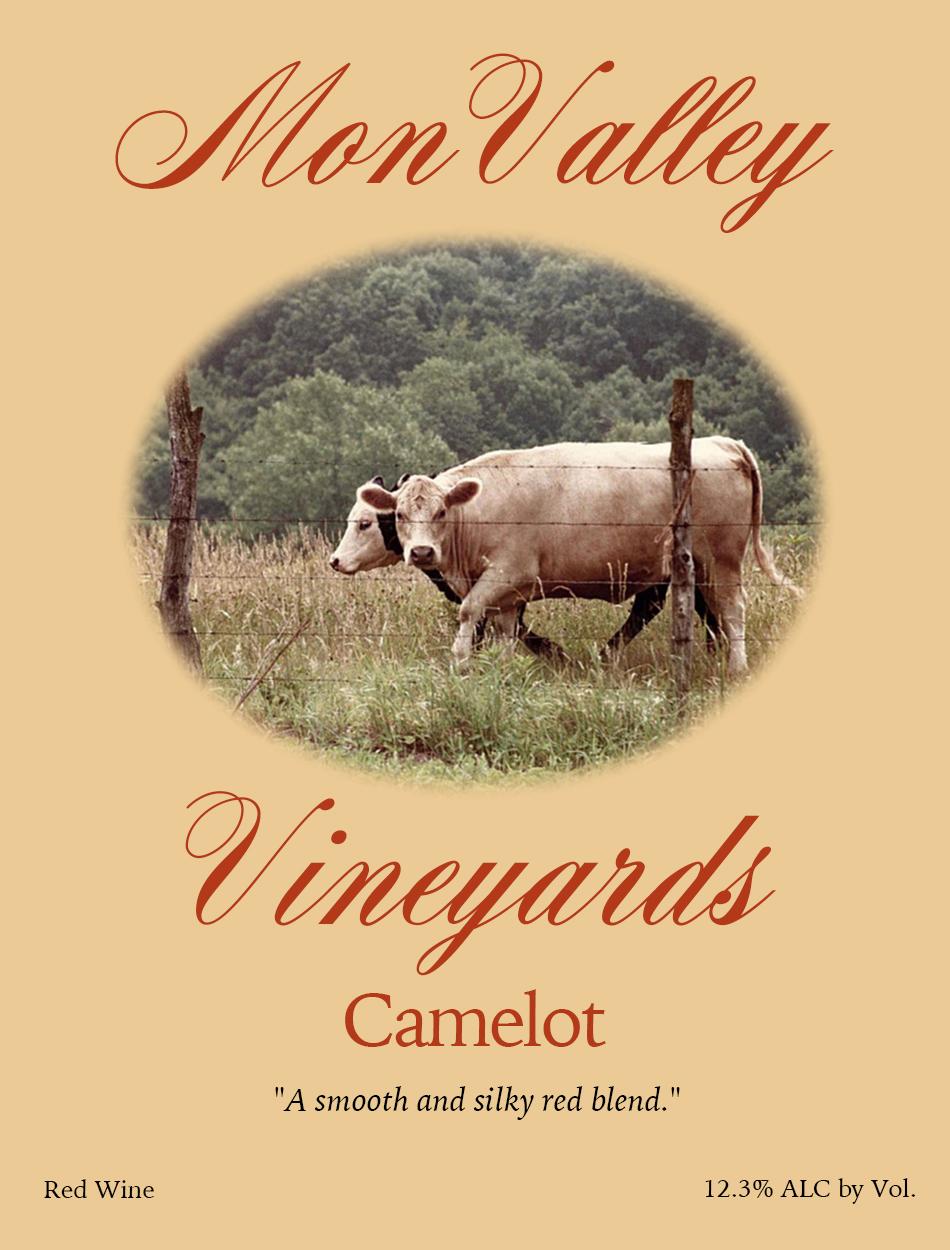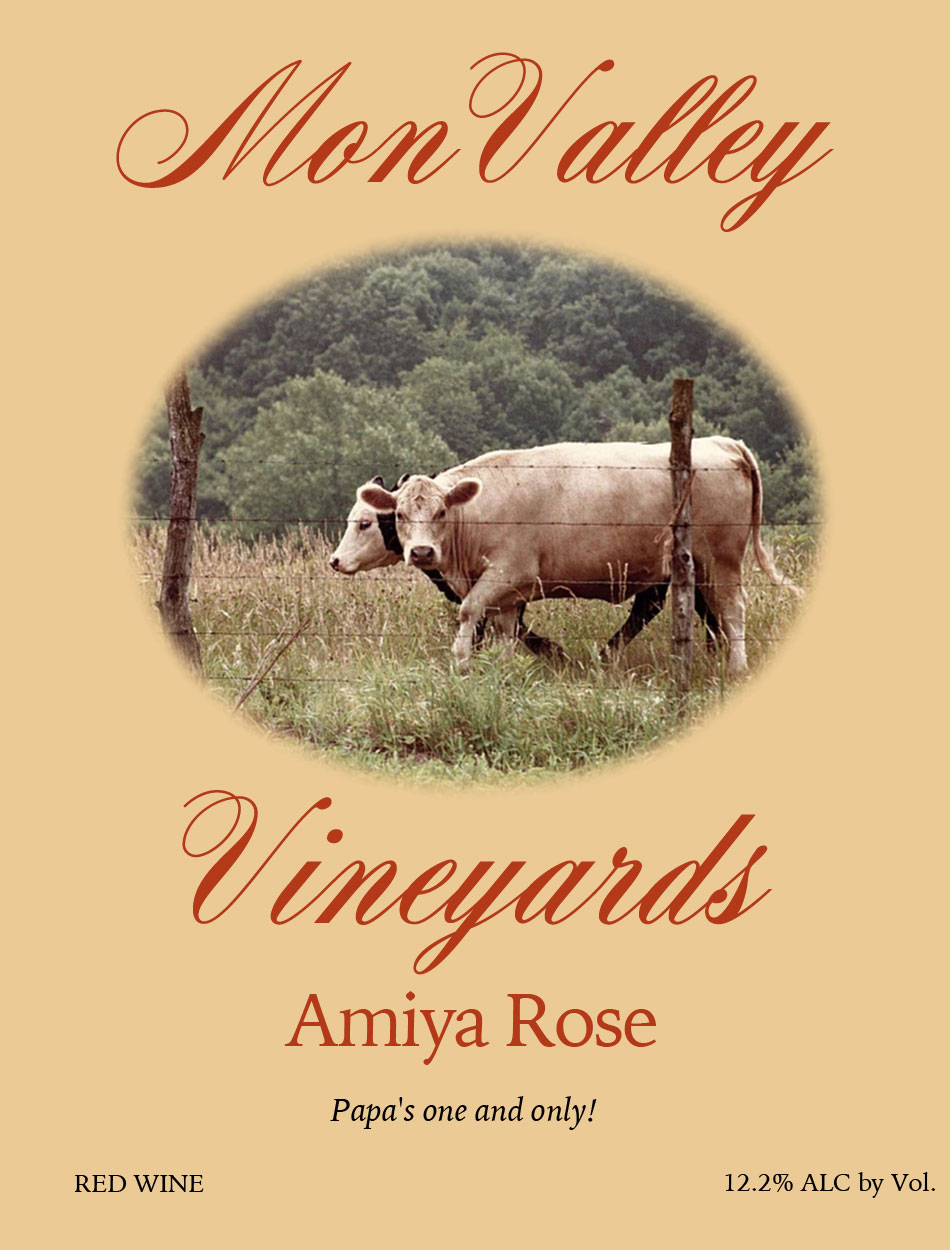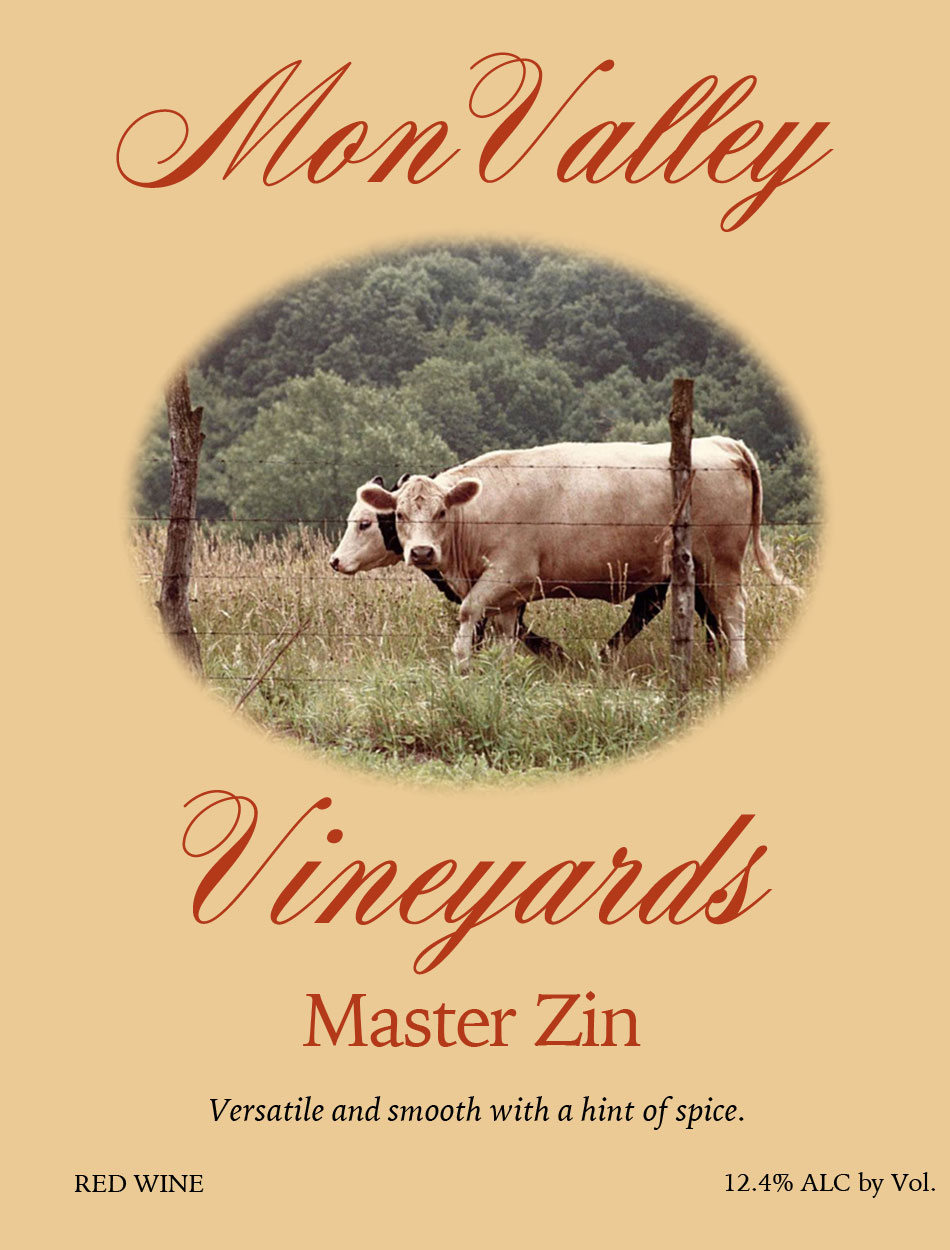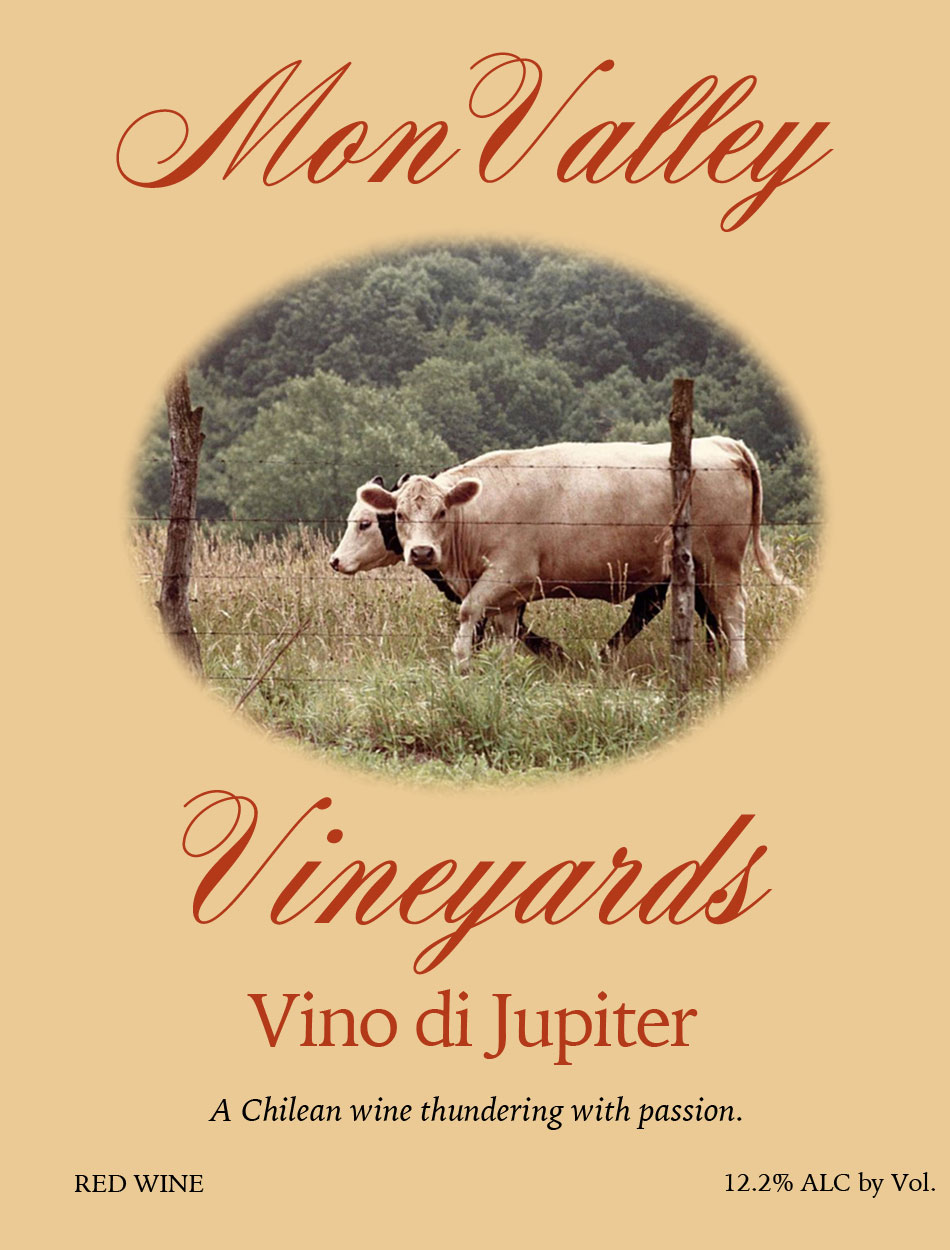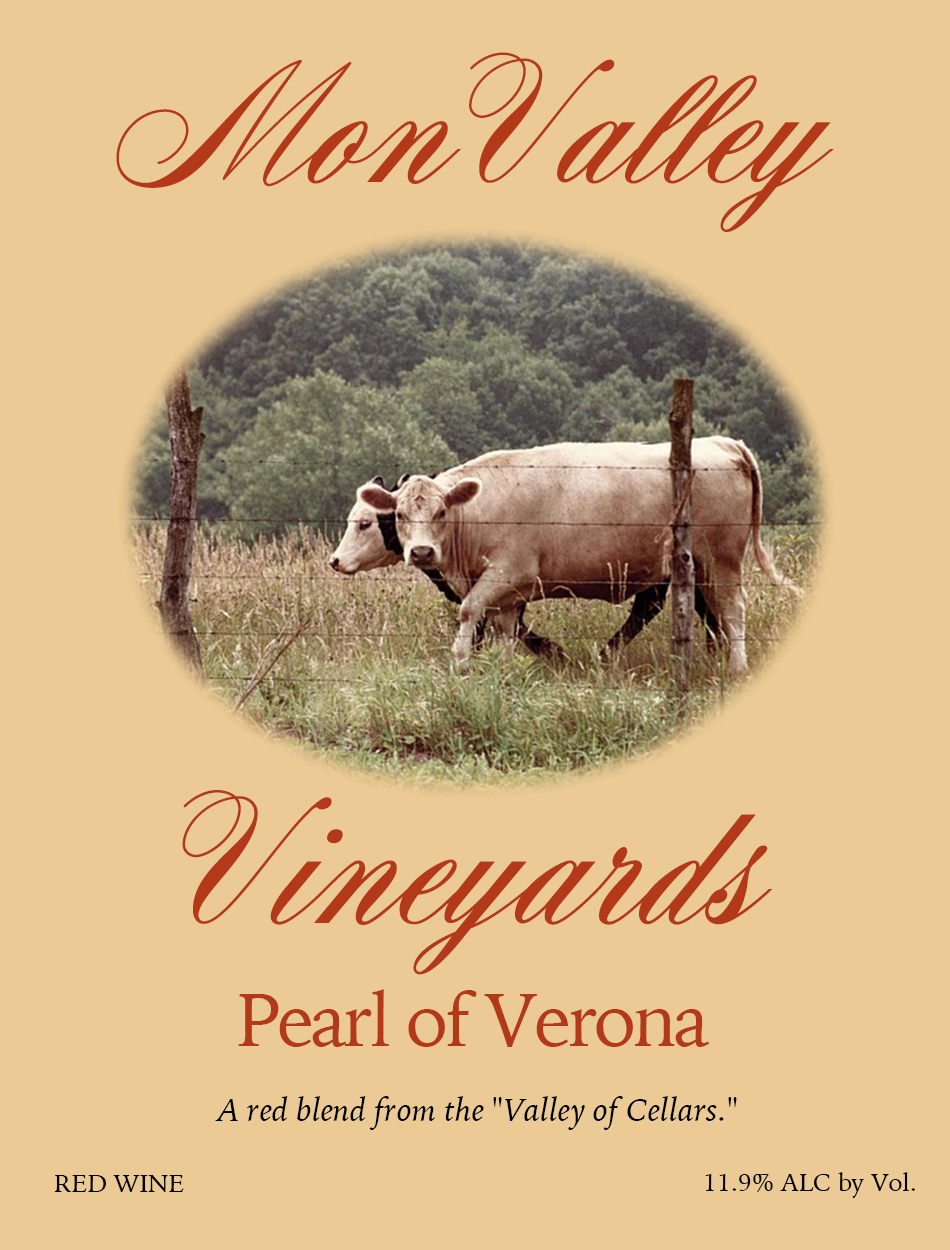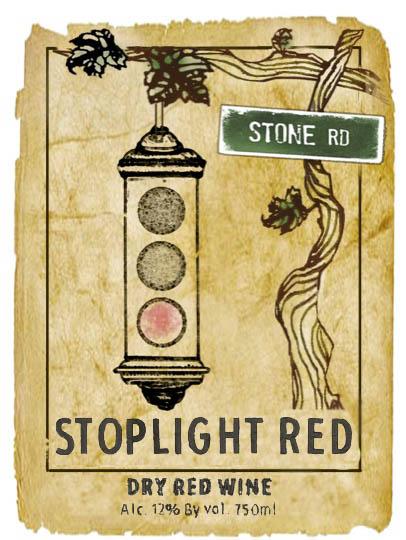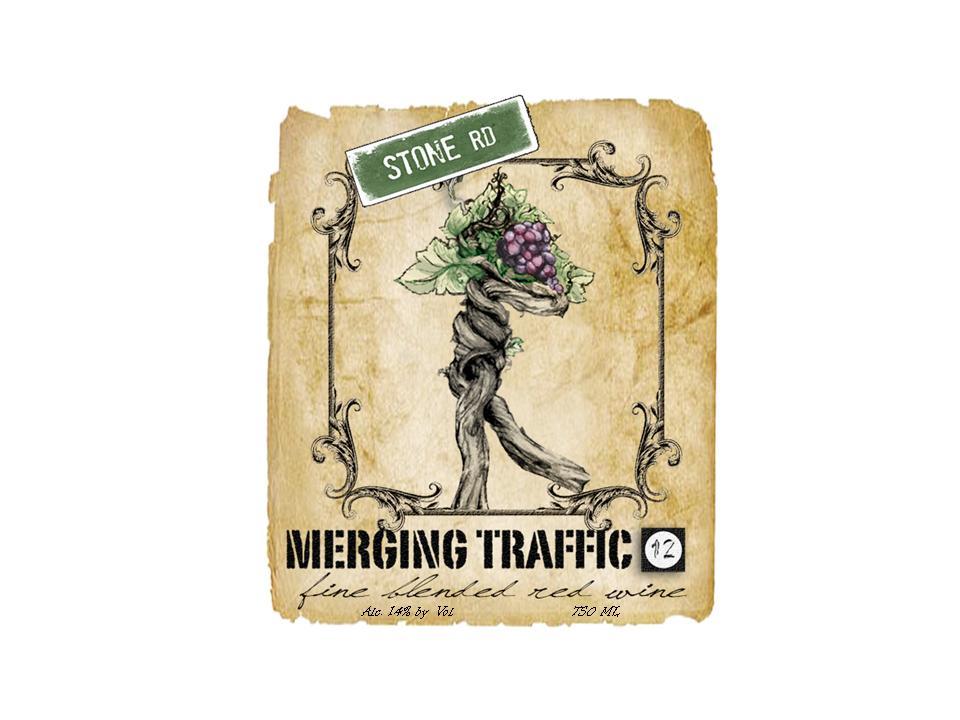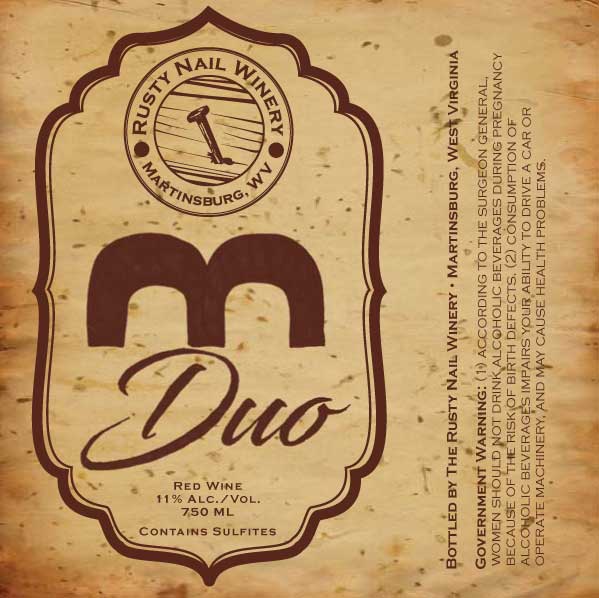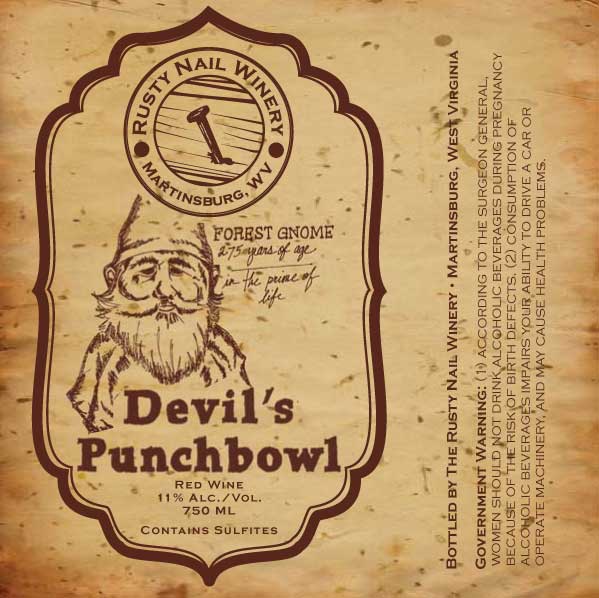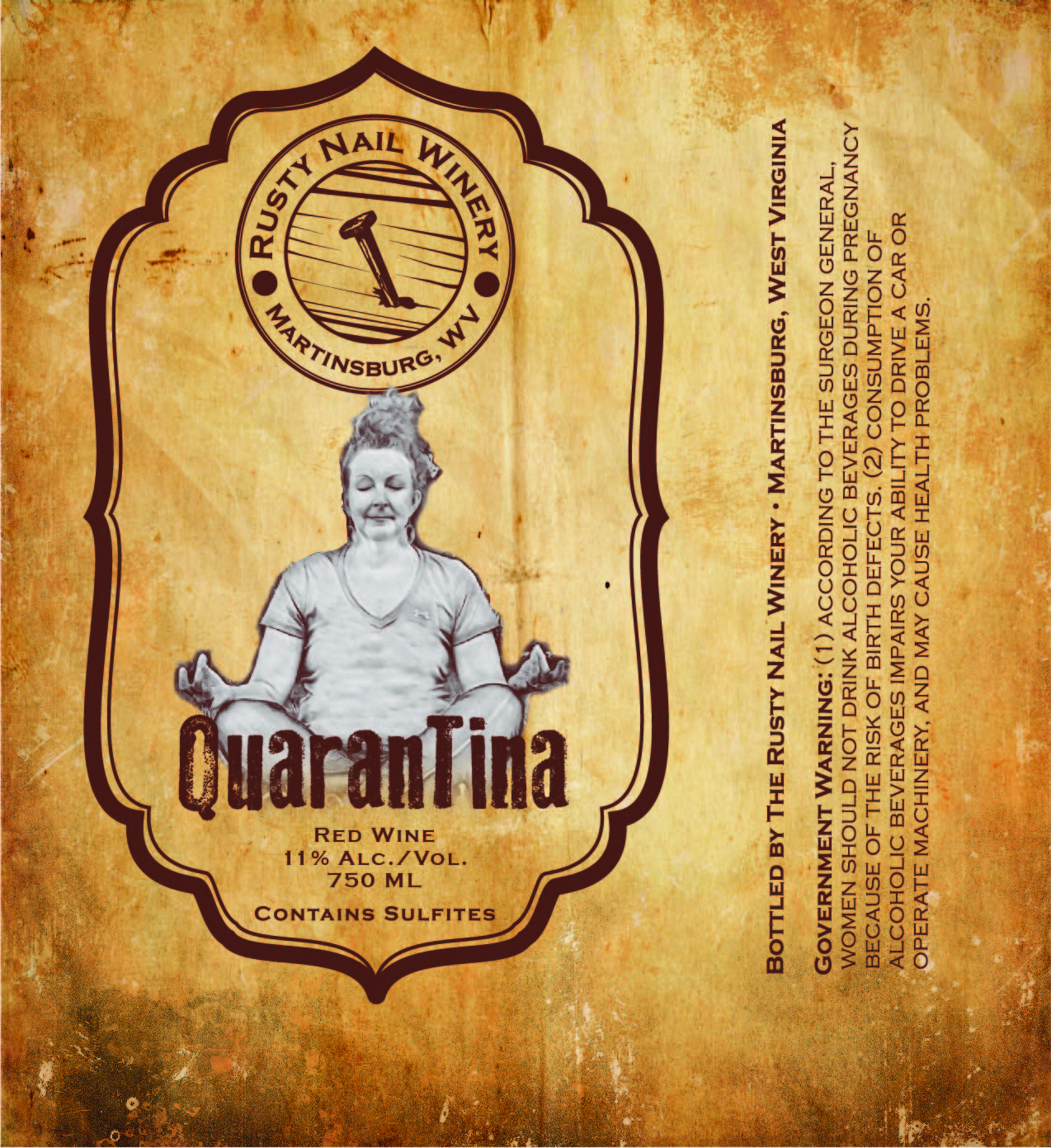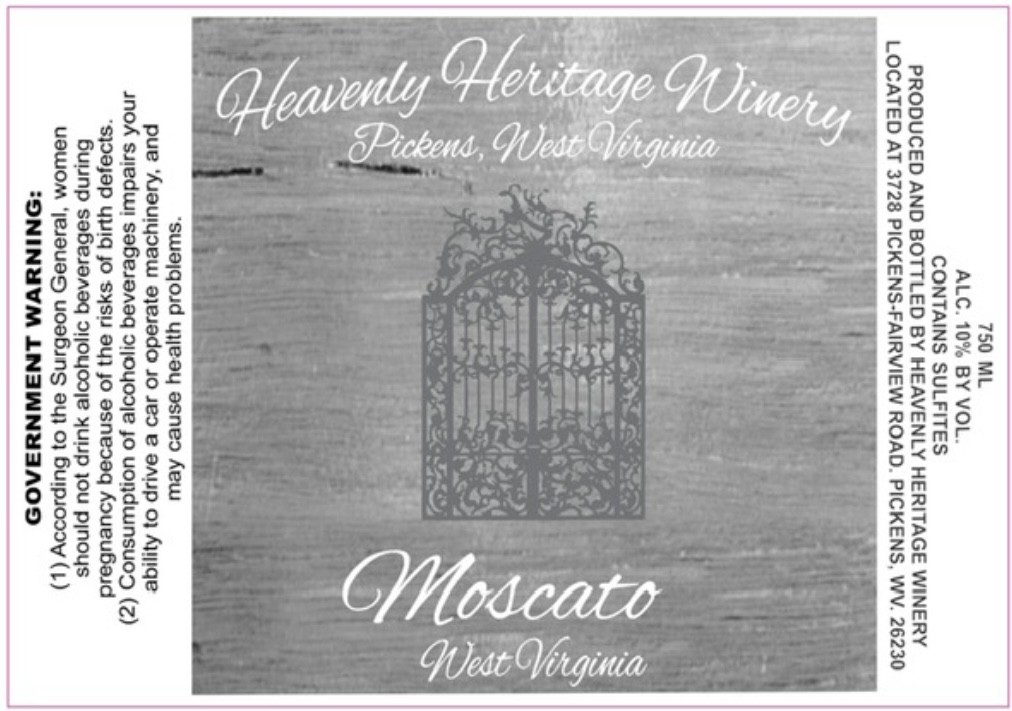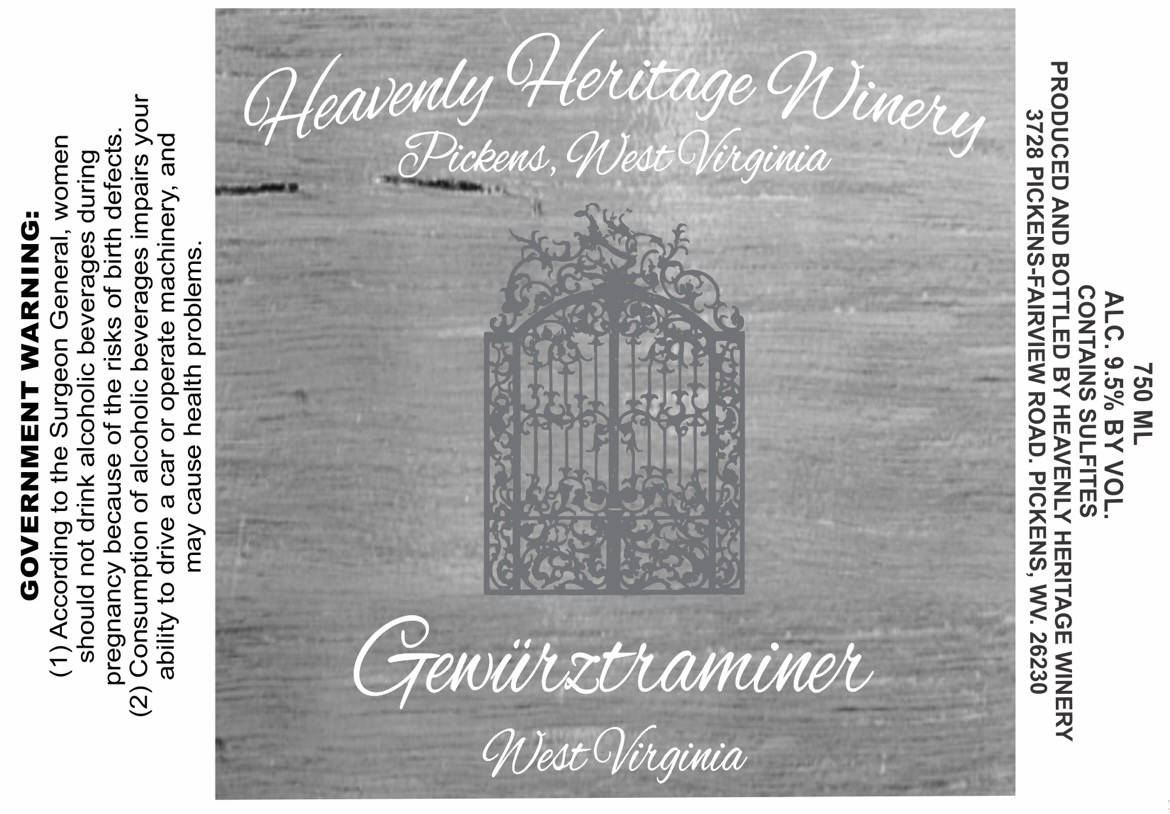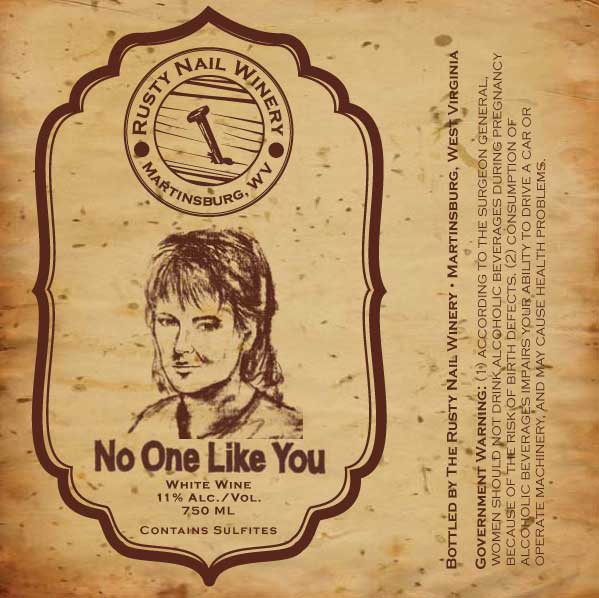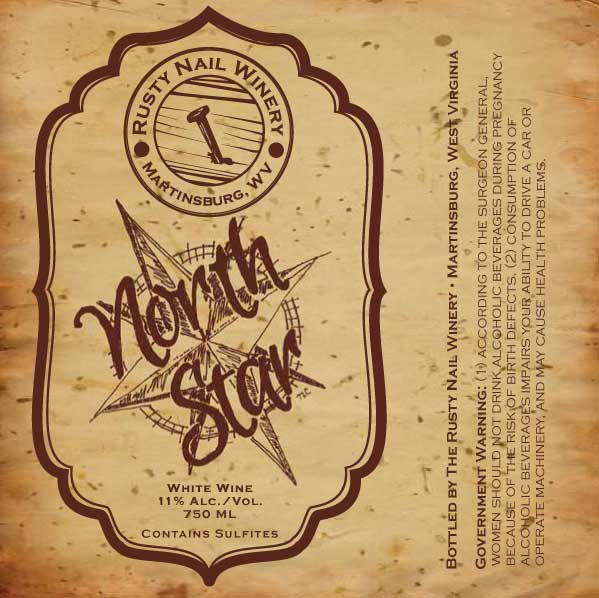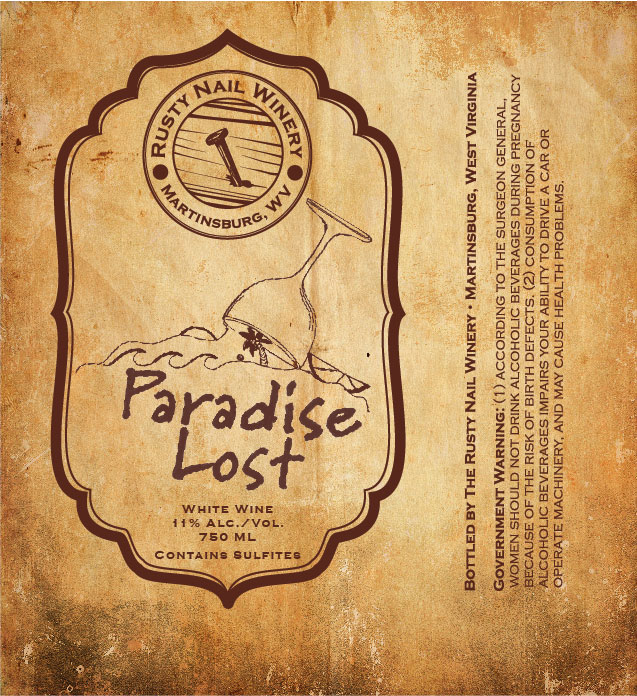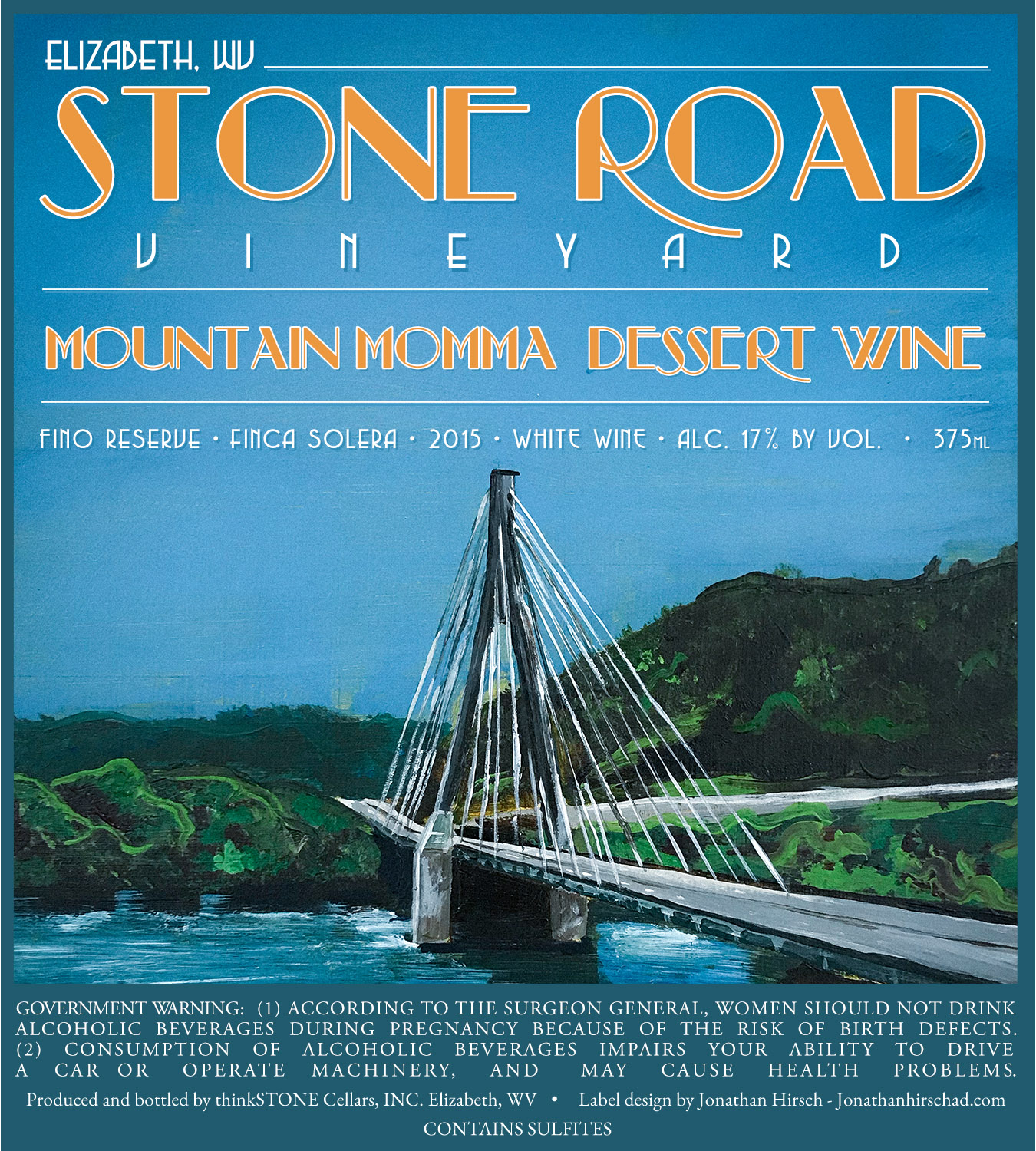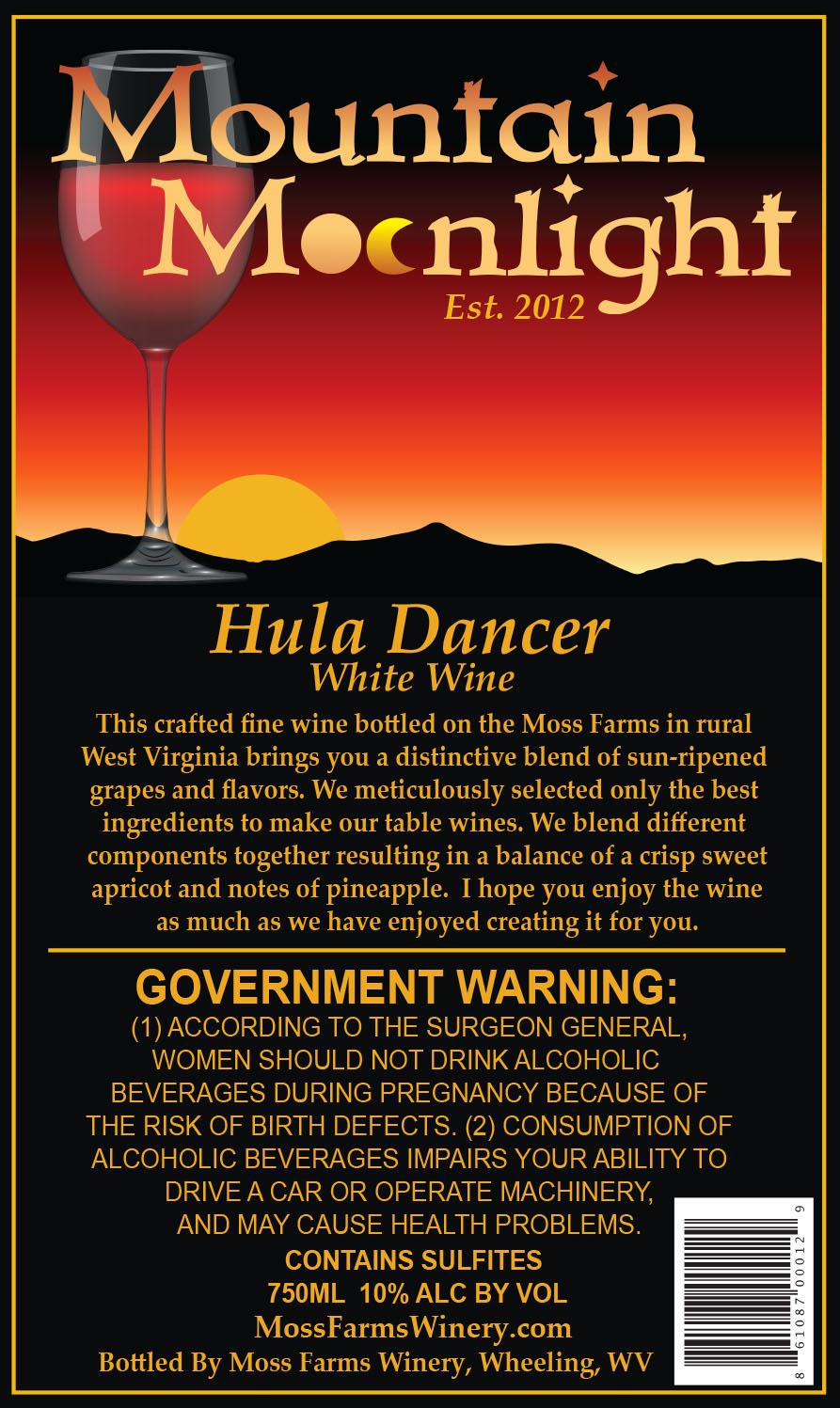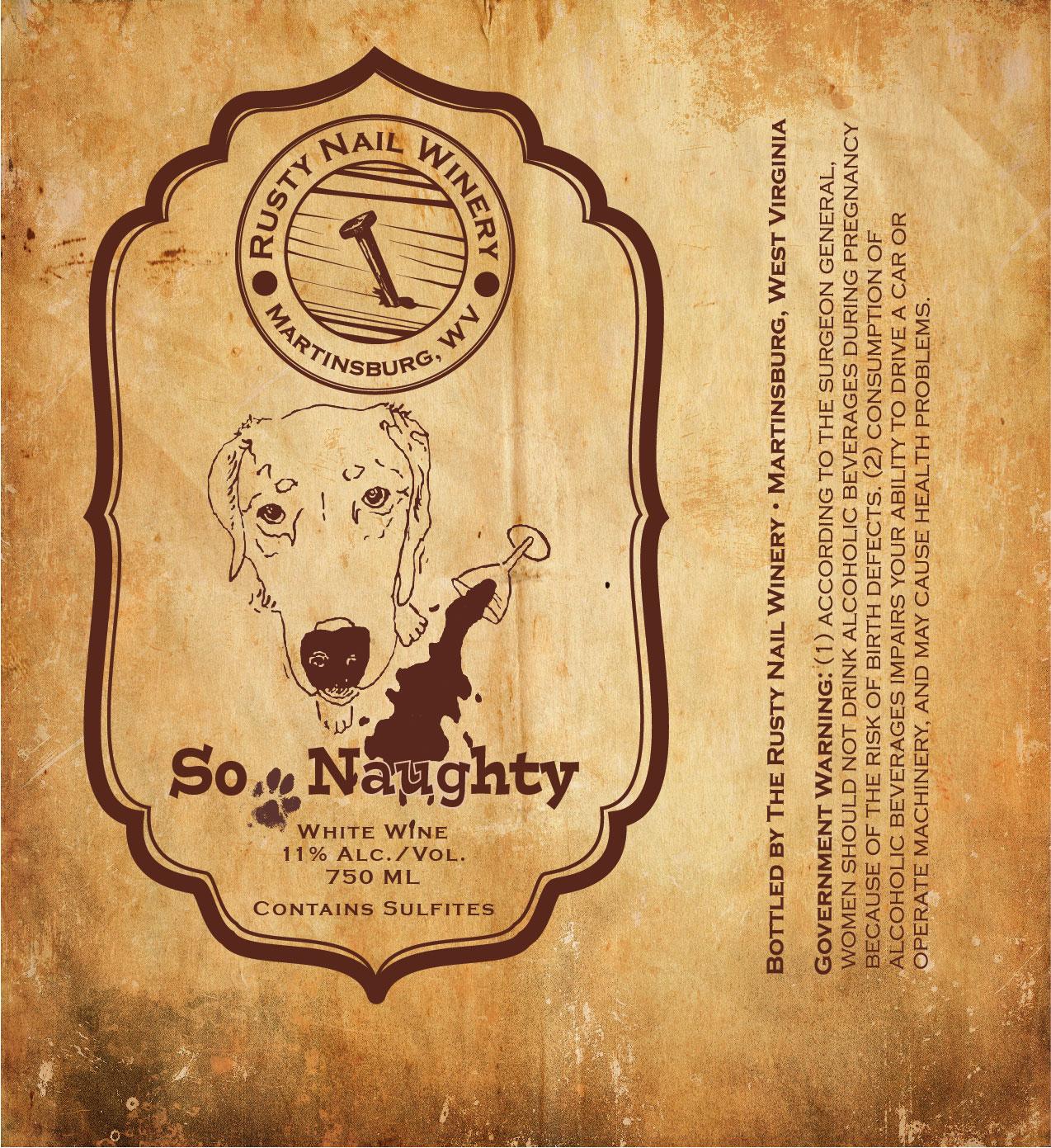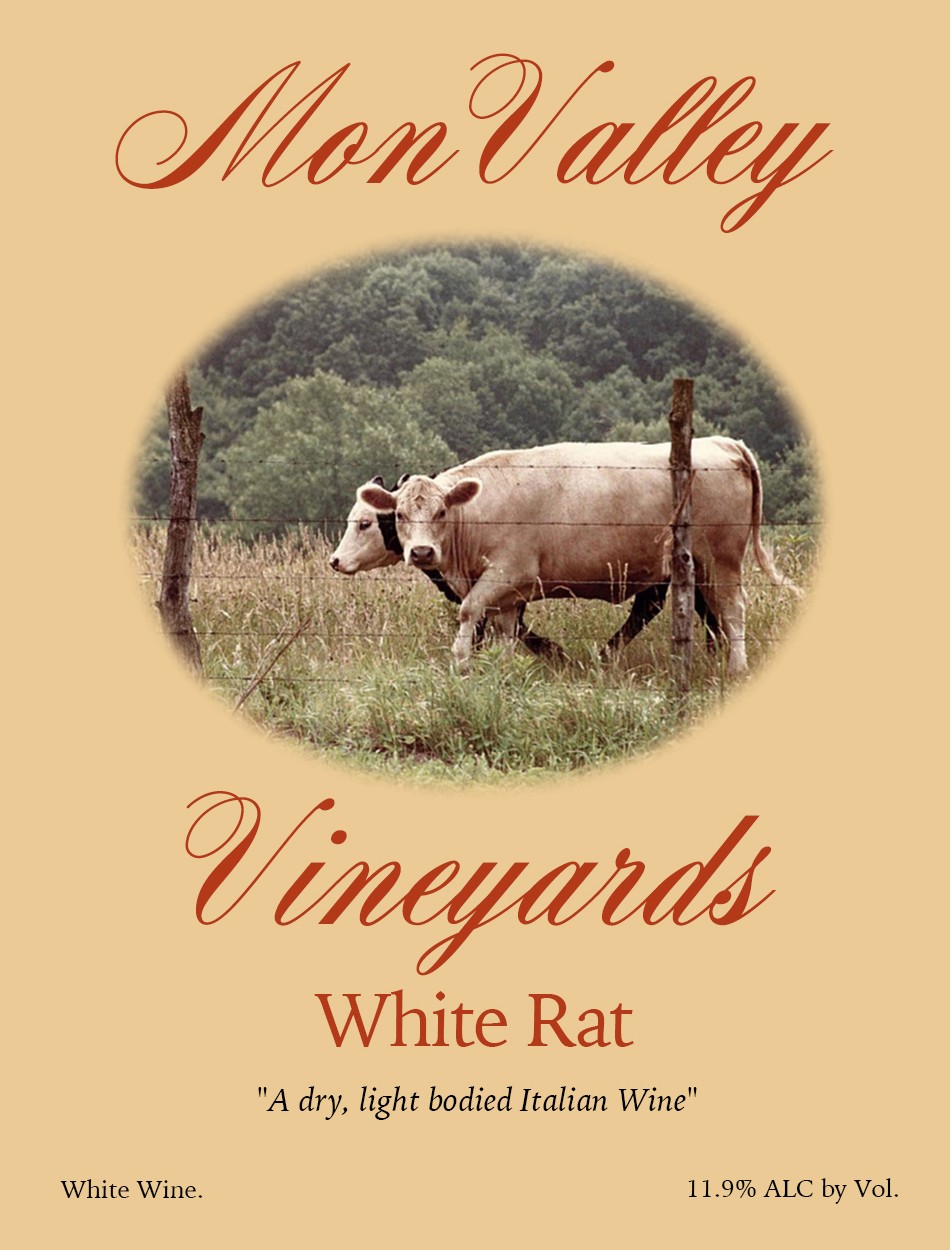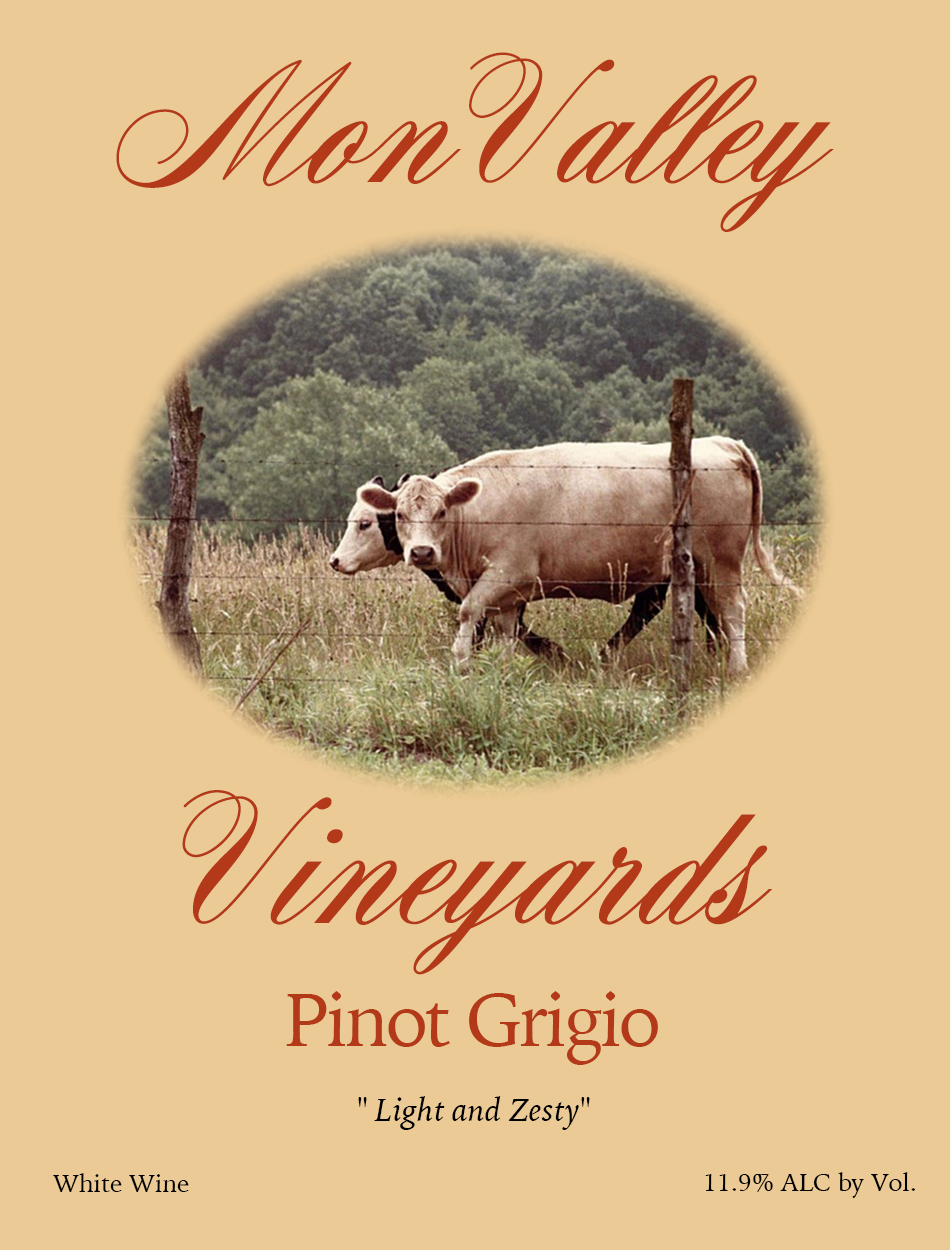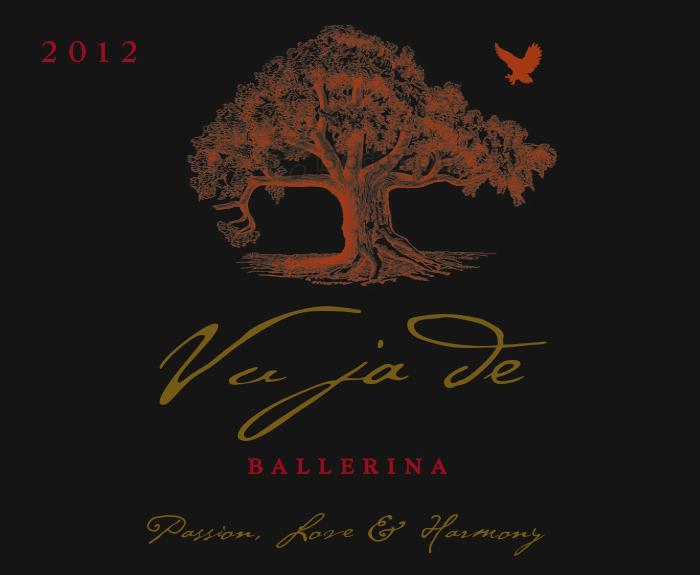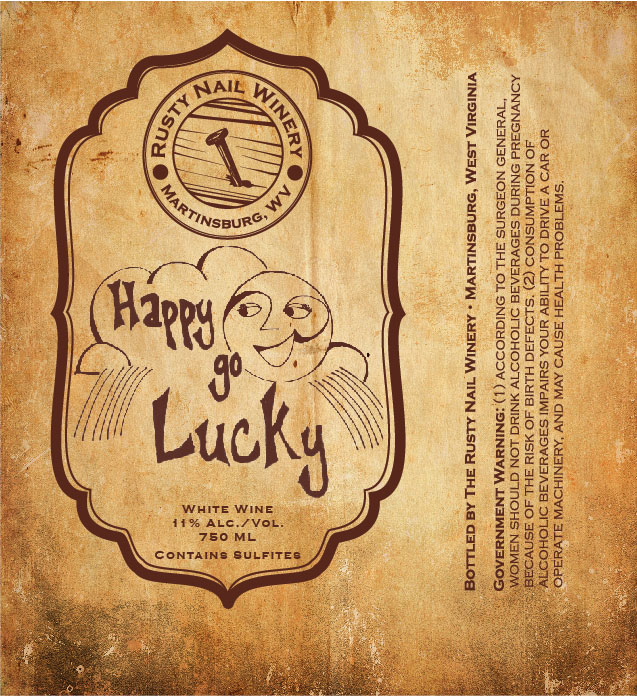Terroir of West Virginia
West Virginia's diverse landscapes are shaped by its rugged mountains and varied elevations, ranging from a few hundred to over a thousand feet. The hilly terrain ensures constant breezes, which help keep vine canopies dry, reducing mildew risk in the humid climate.
The state's rivers, such as the Kanawha and Ohio, moderate temperature extremes, extending the growing season in these areas. Meanwhile, the eastern panhandle benefits from a rain shadow, resulting in drier conditions ideal for vibrant, high-acidity grapes.
Soil diversity includes limestone-rich areas and shale ridges, offering excellent drainage for varieties like Riesling. The continental climate poses challenges, with cold winters and hot, humid summers, making site selection crucial. South-facing slopes and higher elevations are preferred for optimal sun exposure and air drainage. These conditions produce wines with notable acidity and distinct fruit flavors, reflecting the mountain influence and unique growing conditions of the region.
Notable Wineries in West Virginia
West Virginia’s wine scene is a tapestry of family-run vineyards and innovative winemakers, nestled among the state’s dramatic landscapes. Here are some standout wineries to explore:
-
Forks of Cheat Winery (Morgantown): Known for award-winning wines, from dry reds to sweet fruit varieties, with stunning Cheat River views.
-
Daniel Vineyards (Crab Orchard): The largest vineyard in the state, offering diverse wines and picnic spots amidst scenic vines.
-
Kirkwood Winery & Isaiah Morgan Distillery (Summersville): Renowned for its unique Appalachian wines and lively annual festival.
-
Lambert’s Vintage Wines (Weston): Offers architectural charm and a range of wines in a stone building resembling a chapel.
-
West-Whitehill Winery (Moorefield): Specializes in French-American hybrids, producing beloved semi-dry blends.
Sustainable Winemaking in West Virginia
West Virginia’s winemaking community embraces sustainability by harmonizing with the Appalachian environment. Winemakers often choose disease-resistant hybrids like Seyval Blanc and Chambourcin, which require fewer chemicals, enhancing organic practices.
The region’s unique climate, especially in drier eastern panhandle areas, aids sustainability by reducing the need for fungicides. Small, family-run vineyards integrate diverse agricultural practices, such as using chickens for pest control or sheep for mowing, which enrich biodiversity.
Many wineries recycle water and repurpose grape pomace, minimizing waste. Lightweight bottles and natural corks further reduce their carbon footprint. While official certifications are rare due to the challenging climate, the focus on local grape sourcing and soil conservation underscores an eco-conscious philosophy. By aligning with nature, West Virginia winemakers craft wines that truly embody their Appalachian roots.
Wine Tourism in West Virginia
West Virginia offers a unique wine tourism experience, blending rustic charm with stunning natural beauty. The state’s eight Wine & Spirits Trails guide visitors through scenic routes featuring mountain vistas and historic towns. Each trail has its own allure, like the Eastern Panhandle with its historic towns or the New River region’s waterfall views.
Wineries often operate out of charming structures such as stone buildings and log cabins, offering personal interactions with winemakers. Many vineyards also feature picnic spots with breathtaking views. Additionally, events like the West Virginia Wine & Jazz Festival and the Kirkwood Wine & Music Festival highlight the state’s vibrant wine culture. Visitors can enjoy a diverse array of wines, from barrel-aged reds to sweet fruit wines, all while soaking in the laid-back Appalachian atmosphere.



